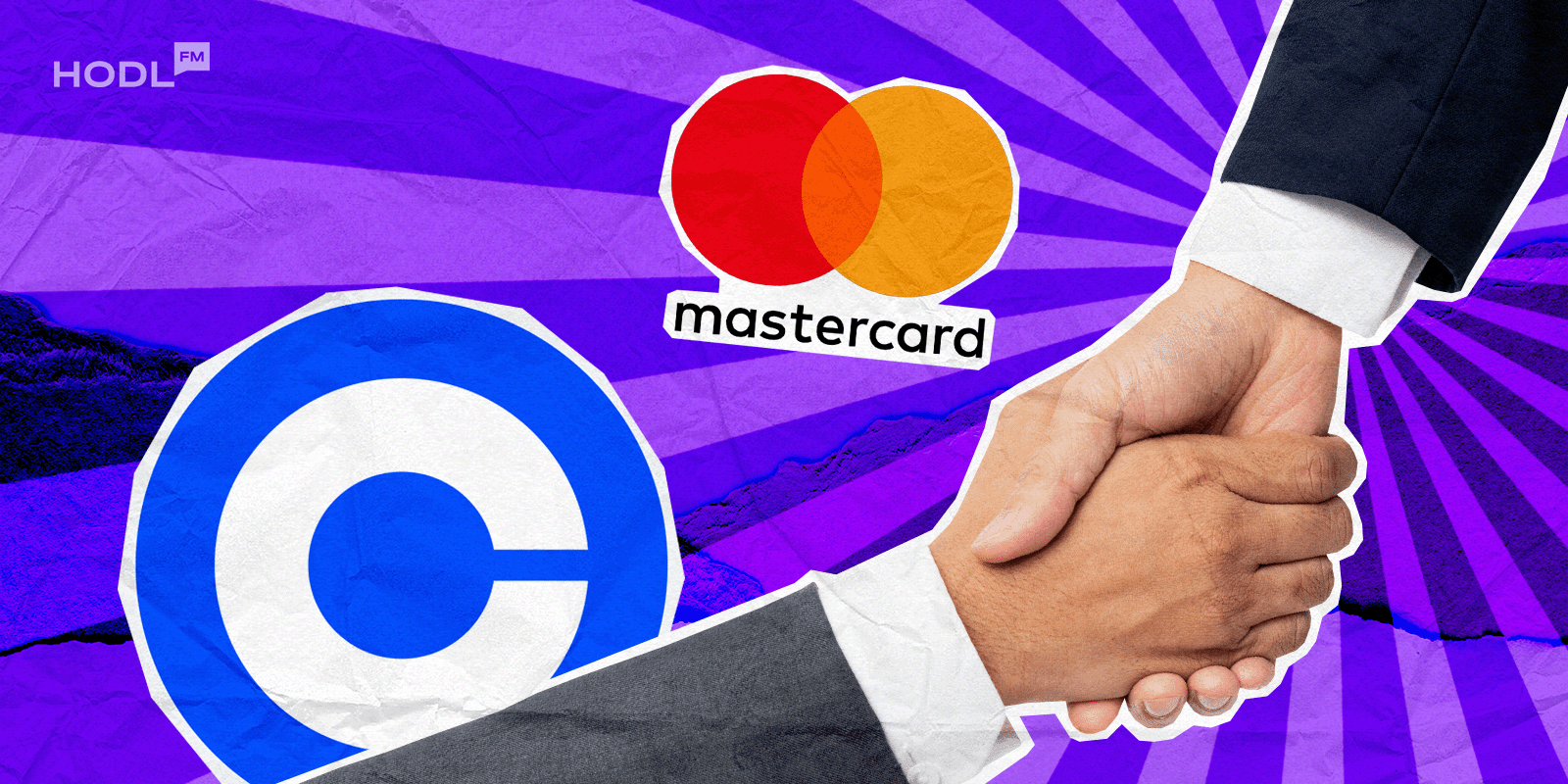The outcome of the talks remains uncertain, but if completed, it would mark the largest acquisition in the stablecoin sector to date, surpassing Stripe’s $1.1 billion purchase of Bridge in 2024.
Mastercard is reportedly in advanced discussions to acquire Zerohash, a London-based stablecoin infrastructure provider, in a deal potentially valued between $1.5 billion and $2 billion, according to sources cited by Fortune.
Zerohash offers enterprise-focused stablecoin services
Zerohash provides API-driven infrastructure that allows banks, brokerages, and fintechs to integrate digital assets into their platforms. Its technology also underpins tokenized fund projects, including BlackRock’s BUIDL, Franklin Templeton’s BENJI, and Hamilton Lane’s HLPIF.
Last month, Zerohash raised $104 million in a Series D funding round led by Fifth Third, Morgan Stanley, and SoFi, bringing the company’s valuation to approximately $1 billion. The firm’s solutions are used primarily for settlement, treasury management, and cross-border tokenized payments.
Mastercard’s stablecoin strategy and past pursuits
This potential acquisition follows Mastercard’s recent interest in BVNK, a London-based stablecoin payments firm. Coinbase eventually secured an exclusivity agreement with BVNK, limiting other bidders. Mastercard has supported stablecoins since 2021, introducing partnerships and products for crypto card services, tokenized fund settlements, and stablecoin-based infrastructure across multiple regions.
The current push into Zerohash appears linked to increased regulatory clarity provided by the GENIUS Act, which has encouraged traditional payment firms to expand their stablecoin capabilities.
GENIUS Act fuels stablecoin expansion
Since the GENIUS Act passed earlier this year, Mastercard partnered with Circle to facilitate merchant settlement using stablecoins across Europe, the Middle East, and Africa. Visa also announced plans to support four additional stablecoins across new blockchains, citing a fourfold increase in stablecoin-linked card spending over the last quarter.
Other major players, including PayPal and Stripe, have increased their involvement in stablecoins. PayPal extended its PYUSD stablecoin to blockchains such as Avalanche, Aptos, and Tron, while Stripe introduced its Open Issuance platform, enabling businesses to create branded stablecoins.
Focus remains on infrastructure
Despite rapid growth in the sector, most traditional payment companies continue to prioritize building or acquiring stablecoin infrastructure rather than issuing their own tokens.
The emphasis remains on settlement systems, cross-border payments, and enterprise integration, reflecting the broader trend of stablecoins serving as operational tools alongside existing financial rails.
Coinbase has recently expanded its stablecoin infrastructure and global footprint. The company launched the x402 protocol, an open‑standard framework that enables instant stablecoin transactions via APIs, apps, and digital platforms, allowing tokens to operate as settlement rails beyond traditional payment systems. Simultaneously, Coinbase invested in Indian exchange CoinDCX, aiming to accelerate crypto adoption in India and the Middle East, where on‑chain activity and digital asset ownership are rapidly growing.

Disclaimer: All materials on this site are for informational purposes only. None of the material should be interpreted as investment advice. Please note that despite the nature of much of the material created and hosted on this website, HODL FM is not a financial reference resource, and the opinions of authors and other contributors are their own and should not be taken as financial advice. If you require advice. HODL FM strongly recommends contacting a qualified industry professional.




